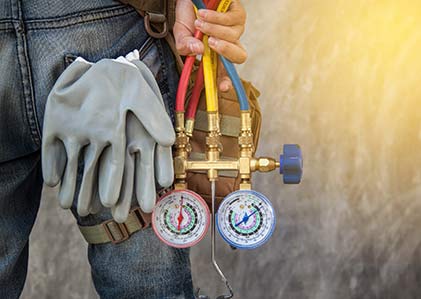How HVAC Students Can Prepare for the Future
One of ASHRAE’s policy priorities is strengthening the HVAC workforce and increasing its diversity. There’s currently a major shortage of HVAC professionals, with approximately 25,000 leaving the workforce each year. More needs to be done to recruit and retain top HVAC talent. For new and aspiring HVAC students, that’s also a major opportunity, but the HVAC workforce of tomorrow will need to look much different than the one today.
“There are steps students can take to prepare themselves for the workforce and future needs of industry,” Killinger says. “These steps include, and go beyond, technical skills, soft skills, and understanding the latest technical trends.”
HVAC students should prioritize a strong education in STEM subjects. But they should also pursue a foundational understanding of the HVAC industry and its shifting tides, particularly regulatory standards and environmental issues. Killinger notes that ambitious HVAC students will look for internships that offer hands-on experience, and pursue industry certifications such as those in particular refrigerants.
Soft skills are important, too. Communication skills can help future HVAC professionals explain highly technical concepts in terms that customers can understand; they’ll also assist the coordination with other industry professionals. Being a self-starter in areas related to business and marketing will be a major asset as well, as many HVAC professionals will work for, or start their own, small businesses.
To prepare for the industry’s needs in the future, HVAC students and young professionals will need to cultivate a habit of constant learning: staying up to date with the ways the industry is changing, and changing with it.
“You must stay informed about industry trends by following publications, attending conferences, and joining professional organizations to network with peers,” Killinger says. “Remain flexible, and be ready to adapt to innovative technologies and commit to continuing professional development to stay constant with emerging technologies.”




